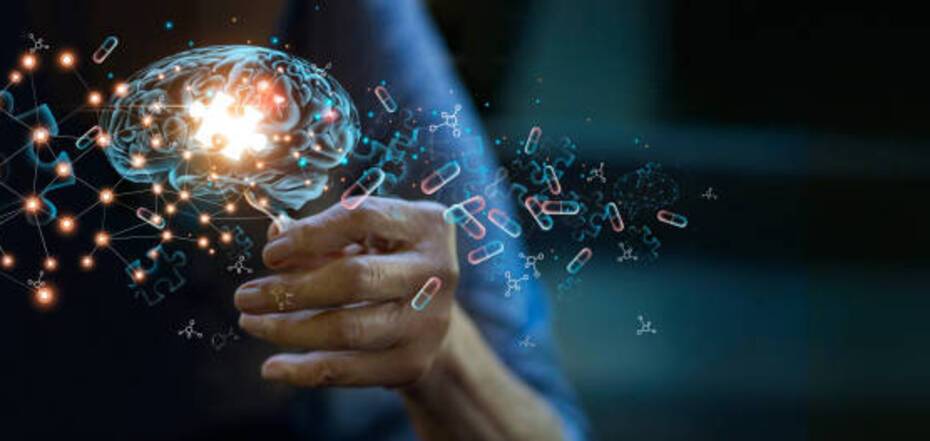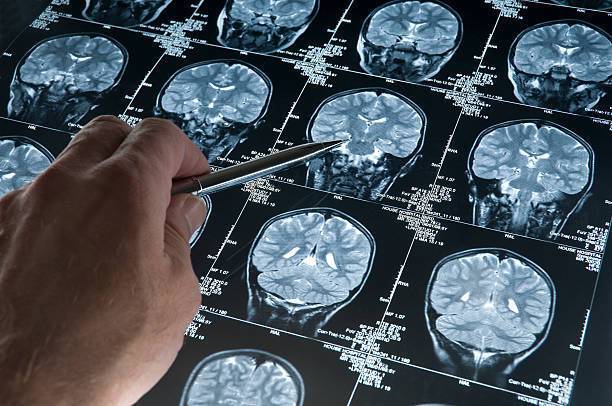News
Unique cases of Alzheimer's may hold the key to beating the disease – study
According to a new study, Alzheimer's patients may not experience any symptoms. Researchers from the Netherlands Institute for Neuroscience have discovered several such cases.
The team claims that their study of the brains of these patients may answer questions about new treatments for the disease. Scientists studied the brain tissue of more than 5,000 deceased donors stored in the Dutch Brain Bank and published the results in the journal Acta Neuropathology Communications.
These people decided to donate their organ to science after dying from a wide range of brain diseases. The researchers also had detailed medical records on each patient, as well as a complete list of symptoms during their lifetime.
From this group of brain donors, study leader Luc de Vries and his team identified 12 extremely rare cases where a patient tested positive for Alzheimer's disease but had no clinical symptoms or cognitive decline before death. The researchers call these special people the "resistant group."
"Out of all the donors, we found 12 of them. Genetics and lifestyle play an important role in resilience, but the exact mechanism is still unknown," de Vries said in a press release.
Recent studies have documented how exercise, cognitive activity, and lots of social contact can delay the onset of Alzheimer's. Moreover, cognitively stimulating work can also protect the brain from dementia in later life.
"If we find a molecular basis for resilience, we will have new starting points for developing drugs that could activate processes associated with resilience in Alzheimer's patients," de Vries continues.
So, what exactly was going on in the brains of the resistant group? The team found several cellular factors that differ from typical dementia patients.
"First, the astrocytes produced more of the antioxidant metallothionein. Astrocytes are like scavengers and play a protective role for the brain," explains de Vries.
The author of the study adds that astrocytes also often "ask for help" from microglia, the immune cells of the brain and spinal cord. However, microglia can be a very aggressive defender of the central nervous system. This leads to harmful inflammation that can exacerbate the onset of Alzheimer's disease.
In the resistant group, the link between overactive microglia and Alzheimer's disease was much less active. In addition, the team found that the "unfolded protein response" – a reaction in brain cells that gets rid of misfolded toxic proteins – functioned normally in the resistant group.
In typical Alzheimer's patients, this response does not work properly, leading to a buildup of toxic proteins in the brain and cognitive decline.
"Finally, we found signs that there may be more mitochondria in the brain cells of disease-resistant people, which allows for better energy production," adds de Vries.
What does all this mean for the future of Alzheimer's research? Scientists are taking the first steps toward fully understanding how the disease affects the brain. However, this project used brain tissue from deceased donors. Future research should focus on living patients to see if the treatment can effectively cure Alzheimer's.
"Based on human data, it is still difficult to determine which process initiates the development of a disease. The only way to demonstrate this is to change something in cells or animal models and see what happens next. This is the first thing we have to do now," summarizes de Vries.
Only verified information is available on the OBOZ.UA Telegram channel and Viber. Do not fall for fakes!





























